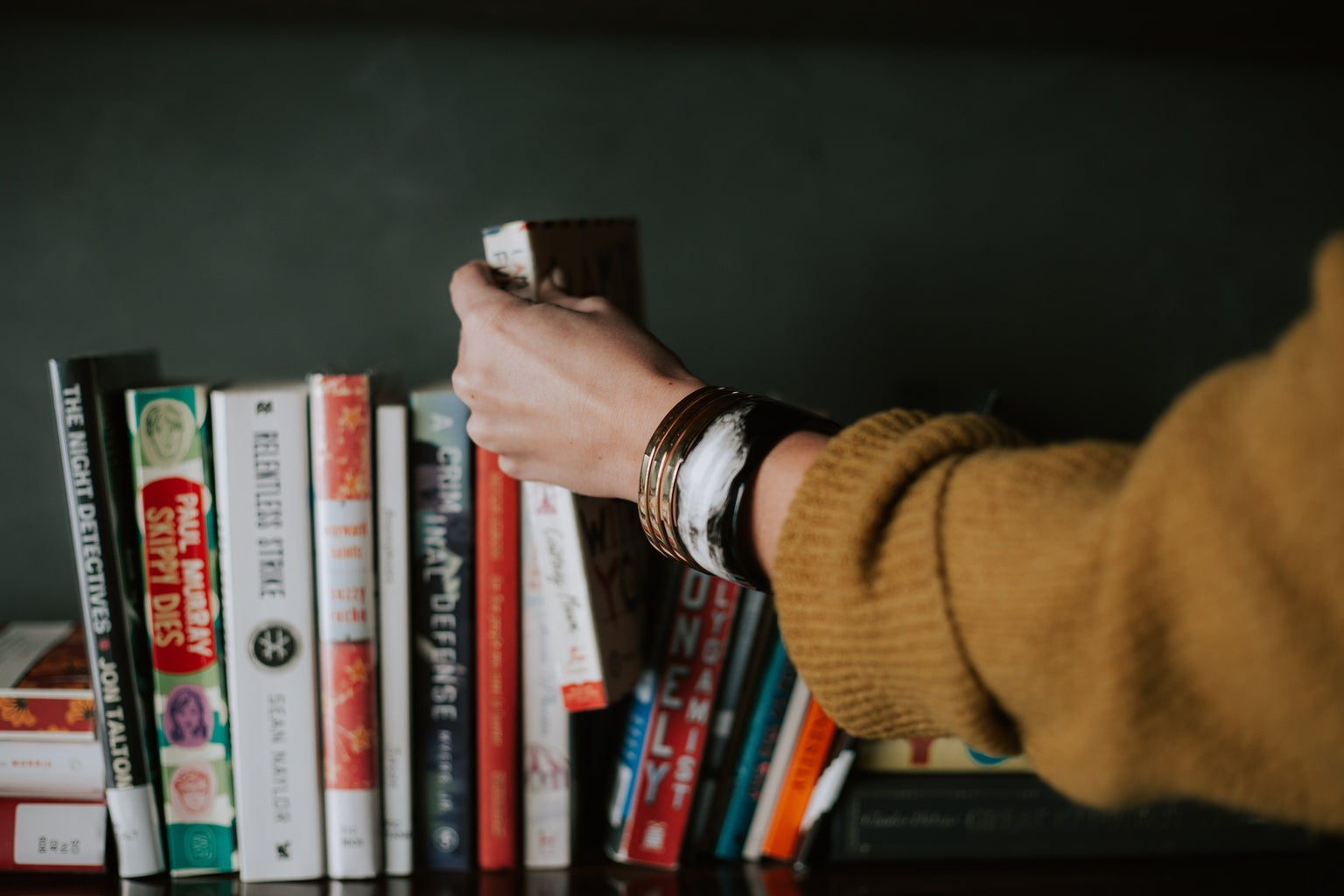Before technology was invented, reading functioned as both a source of entertainment and a reservoir of knowledge for many. Over time, even the debate of libraries being outdated emerged in essay topics and conversations. Reading in modern day is primarily seen as “old-fashioned” or “obsolete.” Communities of bookworms have greatly decreased in the past decades or so. However, popular social media platforms such as TikTok have revived a community that shares a love for reading through its algorithm called “BookTok.”
As a reader who has been part of the reading community for more than six years, there are still novels that leave me in absolute awe, while others are disappointing to say the least. After years of figuring out what I really value and look for in a book, I have been able to compile a list of priorities before purchasing or borrowing a novel. Here is a brief glimpse into my checklist.
1. Genre
The first priority is certainly the genre. If a novel falls under a category that I don’t typically enjoy, I will intuitively be less inclined to read through the entire book — at minimum I would at least skim the synopsis.
2. Writing Style and Level
The author’s writing style and level is crucial to me when picking a book; authors who tend to write for a very young audience or have books intended for YA but lack sophistication, immediately turns me away from reading. A golden rule I have for myself is to read at least twenty to twenty five pages to get a gist of how the author’s writing style is and if it exceeds the high school to college level threshold, I would certainly consider it more.
Ultimately, these intuitive checklists I have differ from person to person — what I may consider more important may be trivial to another. All these elements to consider really boil down to what you are looking for in a book. But the main question I wanted to address as a reader is:
“Why do you read so much?”
While the answer is quite simple: it serves as a creative and imaginative outlet for me to immerse myself in, the explanation is slightly long-winded. Whenever I open a new (or an old favorite) book, I am immediately propelled into this world that the author fabricates and I feel those simple yet detailed words on the paper come alive. Reading is not merely passive and staring at dried ink on a piece of parchment, but it is making sense of what you read — it is an entirely immersive experience. For many, it is difficult to relate because much of the texts we read are academic and for educational purposes. But once we begin to read for ourselves, our perception drastically changes. A good writer helps you comprehend their writing and plot, but a great writer has the ability to invite the readers to deeply connect, even empathize, with the characters and world they created. Fiction no longer becomes a distant figure we read about, but it is as if they are a part of our lives. This is also why so many people feel so emotionally drawn to television show characters — though they are purely fictional, there is still something about the way they were written that makes such a large audience connect emotionally with them. People cry and laugh with the characters as if they were real people who they have a relationship with.
Nevertheless, this long-winded explanation of this immersive experience with reading may not be something you understand or relate to, so I only hope that this inspires or encourages you to not give up finding a book you might like. Reading is a means to explore what you are interested in and for you to gain knowledge, power, and experience. My only desire as a reader is for a time in which society will return to the old fashioned era of intuitively reaching for books to yield knowledge and entertainment — without the distraction and obsessive cycle of technology.




